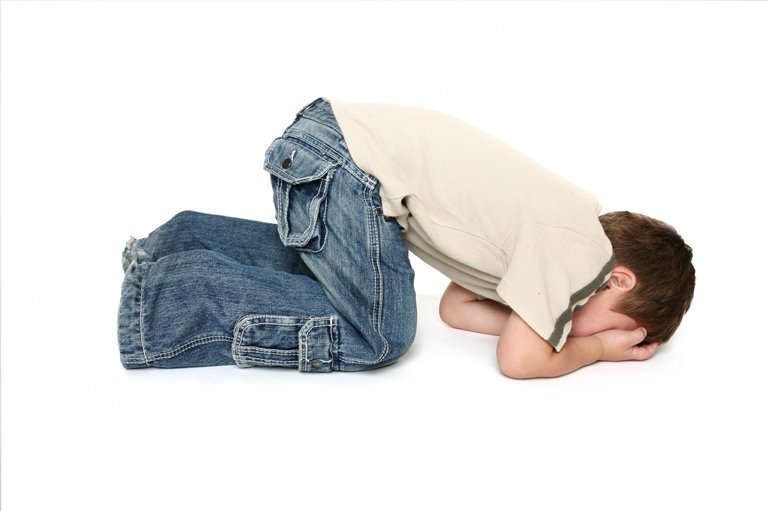Why does my Child lose control?
[stm_separator sep_color=”custom” sep_line_width=”5%” sep_color_custom=”#0080af”]Picture this! You go window shopping with your 3-year-old son when he grabs a toy you weren’t prepared to purchase and insists you buy it for him. ‘Mommy … Mommy. I want this! And starts to throw a tantrum. You do everything in your power to calm him down while dealing with the nasty stares of patrons walking by. Your son starts to lose control, roll on the floor, screaming at the top of his lungs and you have no option but to pull out your secret weapon. You promise to take him for ice cream and that manages to calm him down terminating the tantrum. This is a success story because for many parents, the ice cream wouldn’t have done the trick and instead they would have had to endure hours and hours of out of control behaviors, emotional outbursts and a child that simply refused or could not be comforted. What is the difference between these two children? Why is it that some children can be soothed while other’s cant? This observation should trigger parents to ask themselves whether their child falls into the spectrum of having “big emotions, and therefore possibly Self-Control issues’!

Children Are Different!
[stm_separator sep_color=”custom” sep_alignment=”center” sep_line_width=”5%” sep_color_custom=”#0080af”]Firstly, it is worth noting that children are all different-mimicking the diversity and complexity of adults. Certain children have a more emotional temperament and therefore require tools to help them manage their big emotions so they can have self-control. The common path for most children in this predicament is to labelled as bad or difficult. This is unfair because many times, society fails to be empathic in understanding their emotional makeup. These children become teenagers and adults who result to self-medicating to manage their emotions. Ultimately, this gives birth to addictions of all types including drugs, alcohol, food, shopping etc.
What Parents Can do!
[stm_separator sep_color=”custom” sep_line_width=”5%” sep_color_custom=”#0080af”]![]() Caregivers hold the greatest responsibility in noticing these symptoms early in life and taking measures to assist the child. As mentioned earlier, it’s often chalked up to terrible 2’s, 3’s, 4’s. 5’s,6 etc. At some point, had they sought out tools to help the child understand their emotions, the child would have gained some self-control resulting in relational objectivity and social sensitivity. Simply put, their capacity to have gained self-control in childhood would have impacted their emotional and social well being as adults.
Caregivers hold the greatest responsibility in noticing these symptoms early in life and taking measures to assist the child. As mentioned earlier, it’s often chalked up to terrible 2’s, 3’s, 4’s. 5’s,6 etc. At some point, had they sought out tools to help the child understand their emotions, the child would have gained some self-control resulting in relational objectivity and social sensitivity. Simply put, their capacity to have gained self-control in childhood would have impacted their emotional and social well being as adults.
![]() Our emotions are powerful information systems. When we can calm our big emotions, we can see clearly what they are trying to tell us. Our emotions ultimately impact the way we behave, and when we have more emotional control, we have more behavioral control. When our behaviors are well managed, we have life-control.
Our emotions are powerful information systems. When we can calm our big emotions, we can see clearly what they are trying to tell us. Our emotions ultimately impact the way we behave, and when we have more emotional control, we have more behavioral control. When our behaviors are well managed, we have life-control.
![]() A life of self-control is life that filled with meaningful relationships, attainment of dreams and goals and a sense of knowing who we are.
A life of self-control is life that filled with meaningful relationships, attainment of dreams and goals and a sense of knowing who we are.

